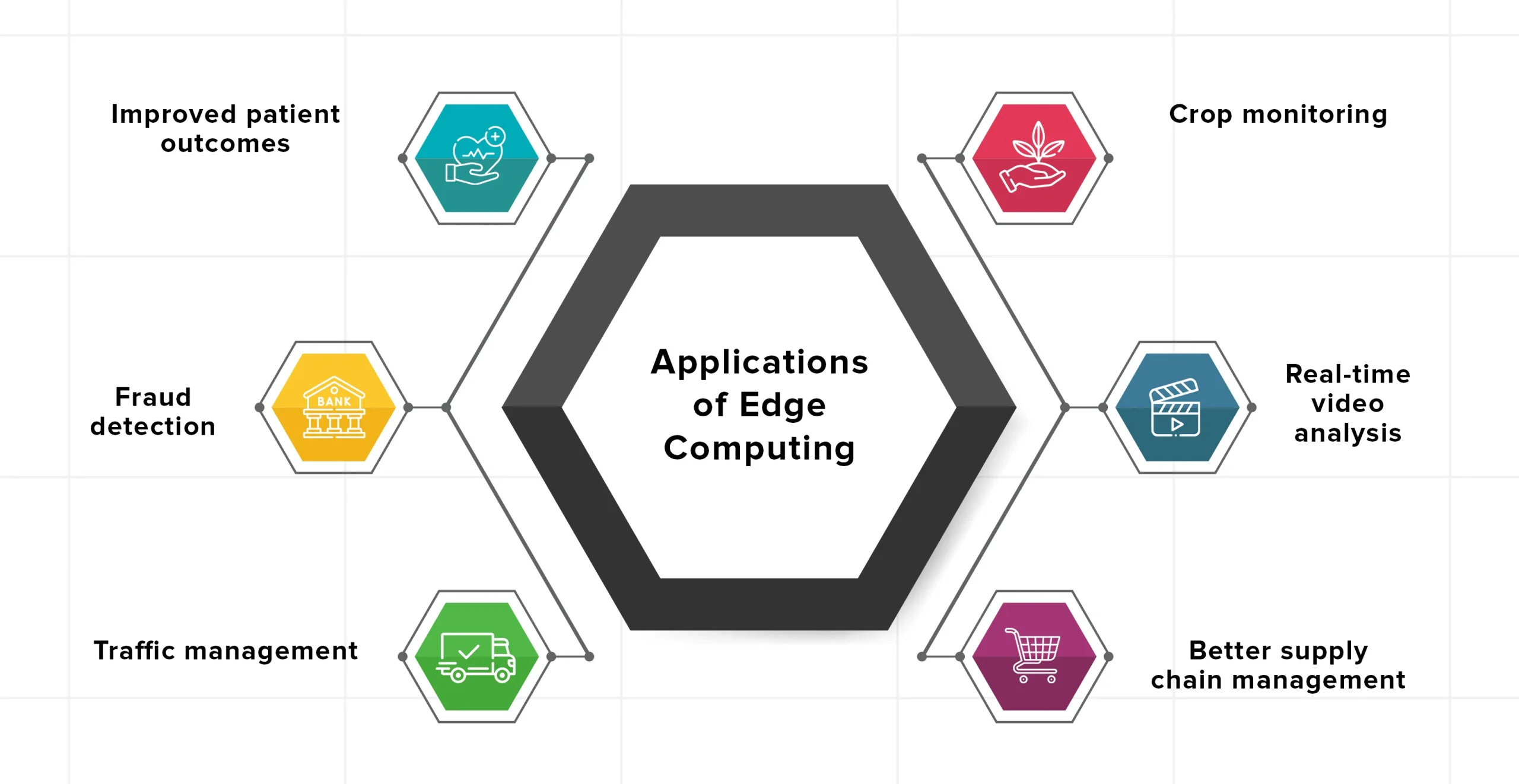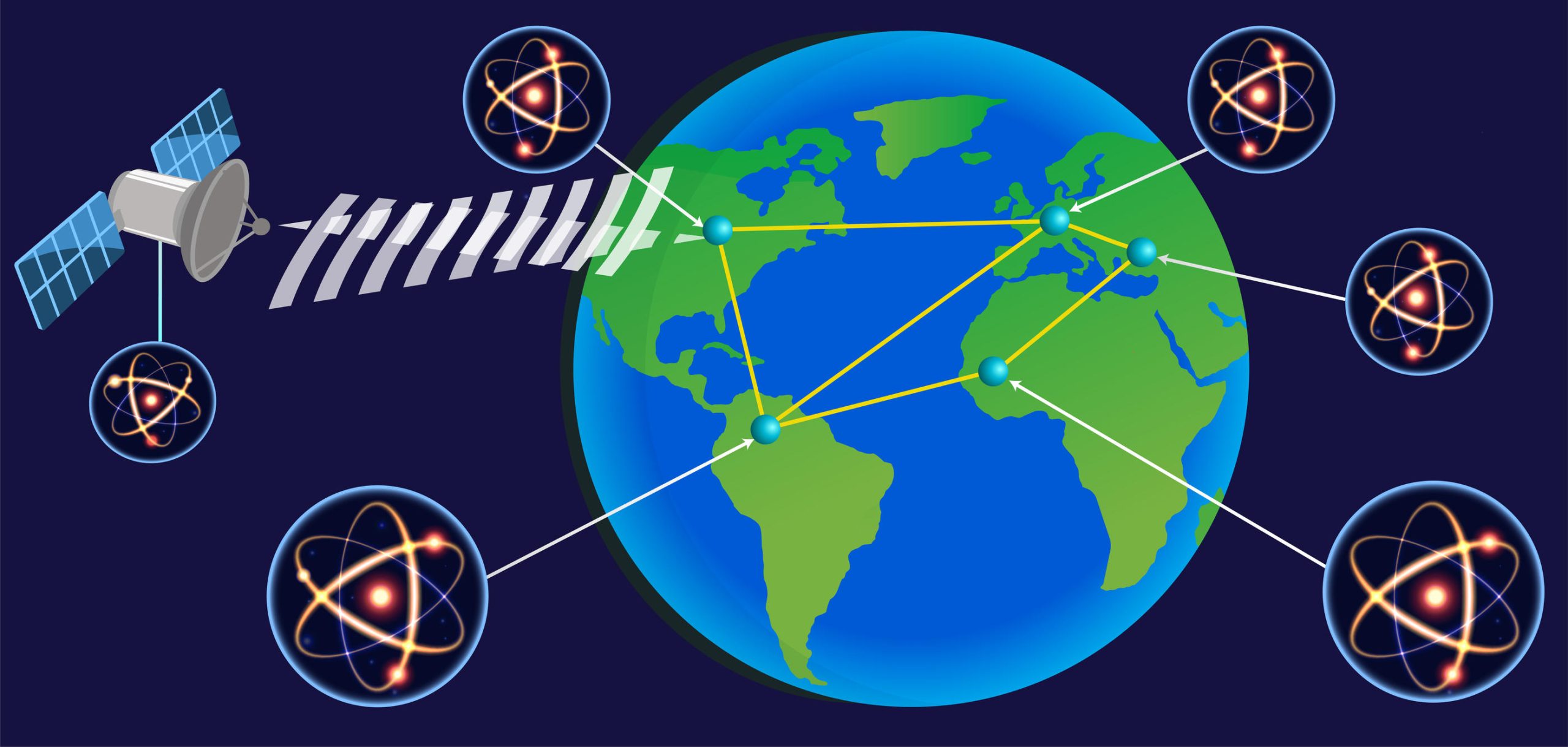justineanweiler.com – Computing has become an indispensable part of modern life, powering advancements in nearly every industry. From personal convenience to societal transformation, the applications of computing are vast and ever-growing. Here, we explore some of the key areas where computing is making an impact.
1. Healthcare
The healthcare industry has witnessed a revolution due to computing technologies. Electronic Health Records (EHRs) enable doctors and hospitals to store and retrieve patient data efficiently, improving diagnoses and treatments. Advanced algorithms are used for medical imaging, such as identifying abnormalities in X-rays and MRIs. Furthermore, telemedicine platforms powered by computing allow remote consultations, bringing healthcare to underserved regions. Emerging technologies like artificial intelligence (AI) assist in drug discovery and personalized medicine, making treatments more effective and tailored to individual needs.
2. Education
Computing has transformed education by introducing e-learning platforms, online courses, and virtual classrooms. Students now have access to educational resources from around the globe through tools like Learning Management Systems (LMS) and Massive Open Online Courses (MOOCs). Computing technologies also support adaptive learning, where algorithms personalize educational content based on a student’s performance and needs, ensuring more effective learning experiences.
3. Entertainment
The entertainment industry thrives on computing technologies, from video streaming platforms to gaming. High-performance computing enables the rendering of lifelike graphics in video games and special effects in movies. Algorithms also personalize recommendations on platforms like Netflix, Spotify, and YouTube, enhancing user engagement. Virtual Reality (VR) and Augmented Reality (AR) technologies are expanding the horizons of interactive and immersive entertainment experiences.
4. Business and Finance
In the business world, computing drives efficiency, innovation, and decision-making. Enterprises rely on Enterprise Resource Planning (ERP) systems, Customer Relationship Management (CRM) software, and data analytics to optimize operations. In finance, computing has enabled online banking, mobile payment systems, and fraud detection algorithms. High-frequency trading, driven by powerful algorithms, has transformed stock markets, allowing decisions to be made in microseconds.
5. Transportation
Computing plays a vital role in modern transportation systems. Navigation apps like Google Maps and Waze use computing and real-time data to provide optimal routes. Autonomous vehicles, powered by AI and machine learning, promise to revolutionize mobility by enhancing safety and efficiency. Additionally, smart traffic management systems leverage computing to reduce congestion and improve urban planning.
6. Science and Research
Scientific advancements heavily depend on computing. Fields like astronomy, biology, and physics rely on supercomputers to process massive datasets and run complex simulations. Computational biology, for instance, helps decode the human genome, leading to breakthroughs in understanding genetic diseases. Climate scientists use computing to model and predict environmental changes, providing critical insights into combating global warming.
7. Communication and Social Connectivity
Social media platforms and messaging applications, powered by computing, have revolutionized how people connect and communicate. These platforms enable instant sharing of information, ideas, and multimedia across the globe. Computing also supports the infrastructure behind video conferencing tools like Zoom and Microsoft Teams, which became essential during the COVID-19 pandemic.
8. Security and Defense
Computing is at the forefront of national and digital security. Cybersecurity systems protect sensitive data from breaches using advanced encryption and intrusion detection algorithms. In defense, computing technologies power surveillance systems, drone operations, and missile guidance systems. Simulations and virtual training environments also prepare military personnel for complex scenarios.
9. Environmental Conservation
Computing aids in environmental monitoring and conservation efforts. Sensors and IoT devices collect data on air quality, water levels, and wildlife movement, helping researchers and conservationists make informed decisions. Predictive models powered by computing help in disaster management by forecasting floods, hurricanes, and other natural calamities.
10. Everyday Life
On a personal level, computing enriches everyday life through smart devices, virtual assistants, and mobile applications. From managing household appliances via smart home systems to tracking health metrics with wearable technology, computing seamlessly integrates into daily routines. Additionally, e-commerce platforms like Amazon and Alibaba leverage computing to provide personalized shopping experiences and efficient delivery systems.
Conclusion
The applications of computing are boundless and evolving rapidly. As technology advances, computing will continue to drive innovation, solve complex problems, and enhance quality of life across the globe. From groundbreaking scientific discoveries to the convenience of everyday apps, computing’s role in shaping the future is undeniable.





